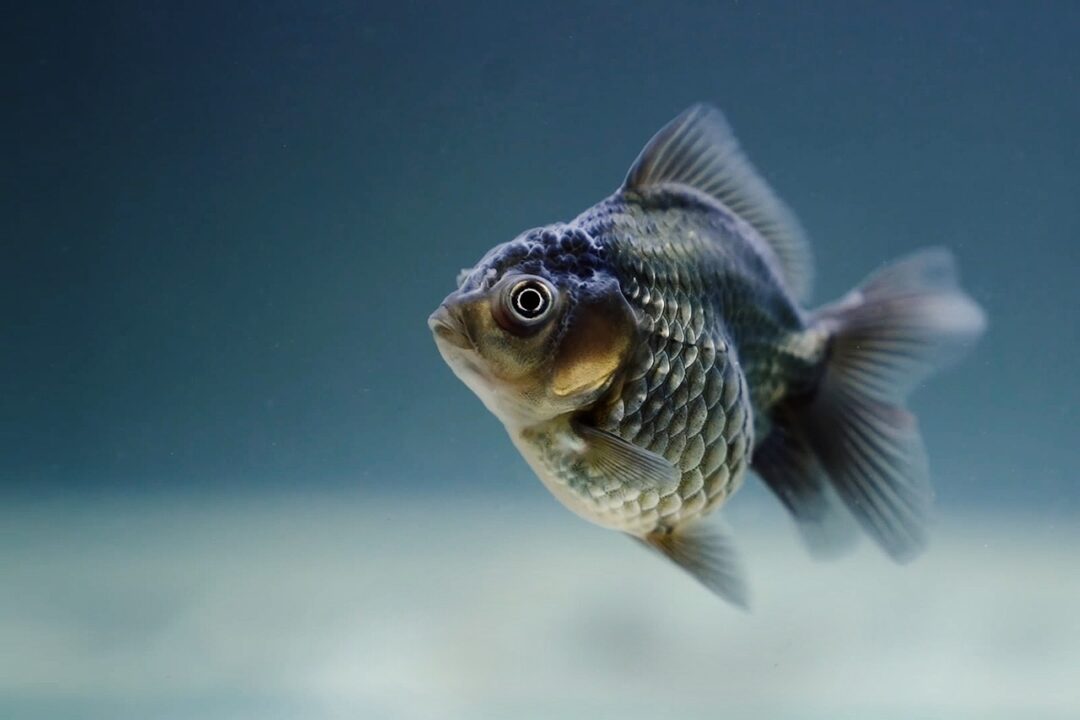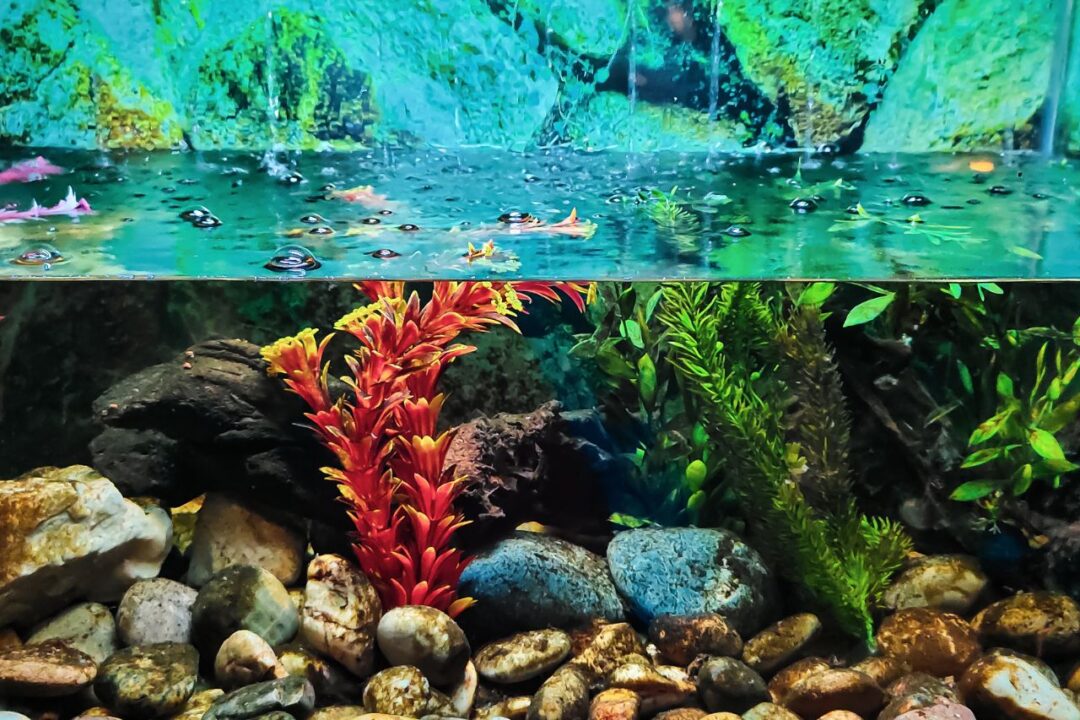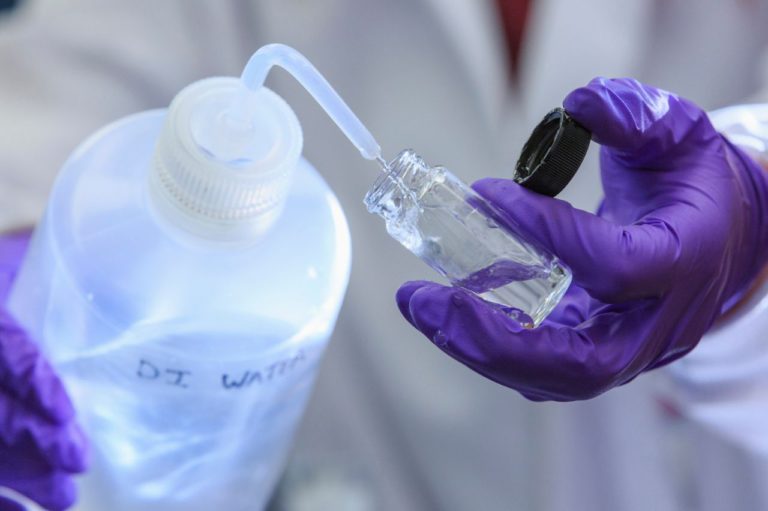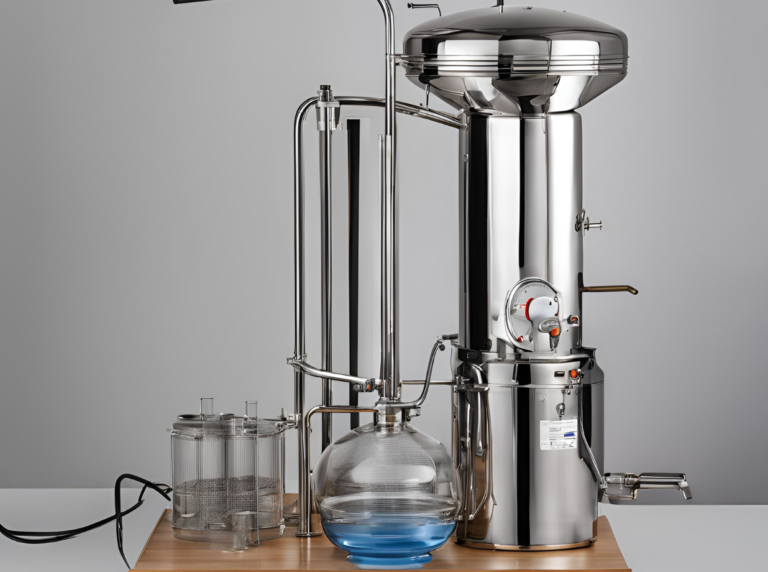How Distilled Water Affects Fish: An In-Depth Look
Water is the lifeblood of fish, and its quality plays a crucial role in their overall health and well-being.
While many fish owners are aware of the importance of maintaining proper water parameters, few understand the impact that distilled water can have on their aquatic pets.
Distilled water is often touted as a pure and safe alternative to tap water, but is it really suitable for fish?
In this article, we’ll take a deep dive into the world of distilled water and its effects on fish.
We’ll examine the pros and cons of using distilled water in fish tanks, explore the potential risks and benefits, and offer practical tips for maintaining a healthy aquatic environment for your fish.
Whether you’re a seasoned fish owner or a curious beginner, this article will provide valuable insights into the world of distilled water and its impact on your finned friends.
What is the impact of distilled water on fish?
Distilled water is water that has been purified through a process of distillation. During distillation, water is boiled, and the steam is collected and condensed back into a liquid.
This process removes most impurities and minerals from the water, leaving behind only pure H2O. While distilled water is often considered safe for human consumption, its impact on fish is a subject of debate.
The primary concern with using distilled water for fish is its lack of essential minerals. Fish require certain minerals and trace elements in their water to survive and thrive.
These minerals are often found in tap water, but they are absent in distilled water. Without these minerals, fish may become stressed, weak, and more susceptible to disease.
Additionally, distilled water has a neutral pH, which may not be suitable for some fish species that require more acidic or alkaline water.
Despite these concerns, some fish owners choose to use distilled water in their tanks. They believe that distilled water is purer and safer than tap water and that it can help to prevent waterborne illnesses and parasites.
However, the truth is that distilled water may not always be the best option for fish, and its impact on fish health should be carefully considered.

The science behind distilled water and fish
To understand the impact of distilled water on fish, it’s essential to understand the science behind water and its role in fish health.
Fish are ectothermic, which means that their body temperature is regulated by their surrounding water. Water quality plays a crucial role in fish health because it affects their ability to breathe, metabolize food, and fight off disease.
One of the primary concerns with using distilled water for fish is its lack of minerals. Fish require minerals such as calcium, magnesium, and potassium to maintain healthy bones, muscles, and nervous systems.
These minerals are often present in tap water, but they are absent in distilled water. Without these essential minerals, fish may experience a range of health problems, including weakened immune systems, poor growth, and developmental issues.
Another concern with distilled water is its neutral pH. Some fish species require more acidic or alkaline water to thrive, and a neutral pH may not be suitable for their needs.
Additionally, distilled water can be more prone to pH swings, which can be harmful to fish. In some cases, using distilled water can lead to sudden drops in pH, which can be lethal to fish.
Common misconceptions about DH2O
There are several common misconceptions about using distilled water for fish. One of the most common misconceptions is that distilled water is purer and safer than tap water.
While distilled water is free from many contaminants found in tap water, it is also lacking in essential minerals that fish need to thrive.
Another misconception is that distilled water can help to prevent waterborne illnesses and parasites.
While distilled water may be free from some pathogens, it is not a guarantee against all waterborne diseases and parasites.
Another misconception is that distilled water is better for fish with sensitive skin or gills.
While it’s true that some fish species are more sensitive to certain water parameters than others, distilled water is not necessarily the best option for these fish.
In fact, using distilled water can be harmful to sensitive fish because it lacks the minerals and trace elements that they need to maintain healthy skin and gills.
Alternatives to distilled water for aquariums
If you’re looking for an alternative to tap water or distilled water for your fish tank, there are several options to consider.
One option is to use a dechlorinator or water conditioner to treat tap water. These products remove chlorine and other harmful chemicals from tap water, making it safer for fish.
Water conditioners also contain essential minerals and trace elements that fish need to thrive.
Another option is to use reverse osmosis (RO) water. RO water is similar to distilled water in that it is purified through a process of filtration.
However, unlike distilled water, RO water retains some essential minerals and trace elements that fish need to survive.
RO water can be further treated with a remineralization product to add back any minerals that may have been lost during filtration.

How to properly use DH2O for fish
If you choose to use distilled water for your fish tank, it’s important to use it properly.
First, you should test the water to ensure that it has the proper pH and mineral content for your fish species.
If necessary, you can add minerals or pH adjusters to the water to make it suitable for your fish.
When using distilled water, it’s also important to monitor the water parameters closely.
Distilled water is more prone to pH swings than tap water, so you’ll need to check the pH frequently and make any necessary adjustments.
Additionally, you should avoid using distilled water for water changes that involve more than 50% of the tank volume.
Large water changes can shock fish and disrupt the delicate balance of the tank.
The benefits of using distilled water for fish
While there are some risks associated with using distilled water for fish, there are also some potential benefits.
One benefit is that distilled water is free from many contaminants found in tap water, including chlorine, chloramines, and heavy metals.
This can help to prevent waterborne illnesses and parasites and create a cleaner and safer environment for fish.
Another benefit of using distilled water is that it allows for greater control over water parameters.
With distilled water, you can easily adjust the pH and mineral content to meet the specific needs of your fish species.
This can be especially beneficial for sensitive fish that require more precise water parameters.
Risks and precautions to consider when using distilled water for fish
While there are some potential benefits to using distilled water for fish, there are also some risks and precautions to consider.
One of the biggest risks of using distilled water is its lack of essential minerals.
Without these minerals, fish may become stressed, weak, and more susceptible to disease. Additionally, using distilled water can lead to sudden drops in pH, which can be harmful to fish.
To prevent these risks, it’s important to test the water frequently and make any necessary adjustments to the pH and mineral content.
You should also avoid using distilled water for large water changes and monitor the water parameters closely after any changes to the tank.
Frequently asked questions about distilled water and fish
Q: Is distilled water safe for fish?
A: While distilled water is free from many contaminants found in tap water, it is also lacking in essential minerals that fish need to thrive. Using distilled water can be harmful to fish if not used properly.
Q: Can I use distilled water for my betta fish?
A: Betta fish require specific water parameters, including a slightly acidic pH and warm water temperatures. Distilled water may not be suitable for betta fish because it lacks the minerals and trace elements they need to thrive.
Q: How often should I change the water in my fish tank?
A: The frequency of water changes depends on the size of the tank and the number of fish. In general, it’s recommended to change 10-20% of the water every week or two.
Conclusion
In conclusion, water quality is essential to the health and well-being of fish, and the type of water you choose to use in your fish tank can have a significant impact on their overall health.
While distilled water is often considered a safe and pure alternative to tap water, its impact on fish health should be carefully considered.
If you choose to use distilled water for your fish tank, it’s important to use it properly and monitor the water parameters closely.
Alternatively, there are several alternatives to distilled water that can provide a safe and healthy environment for your fish.
By understanding the science behind water and its role in fish health, you can make informed decisions about the best water source for your finned friends.







